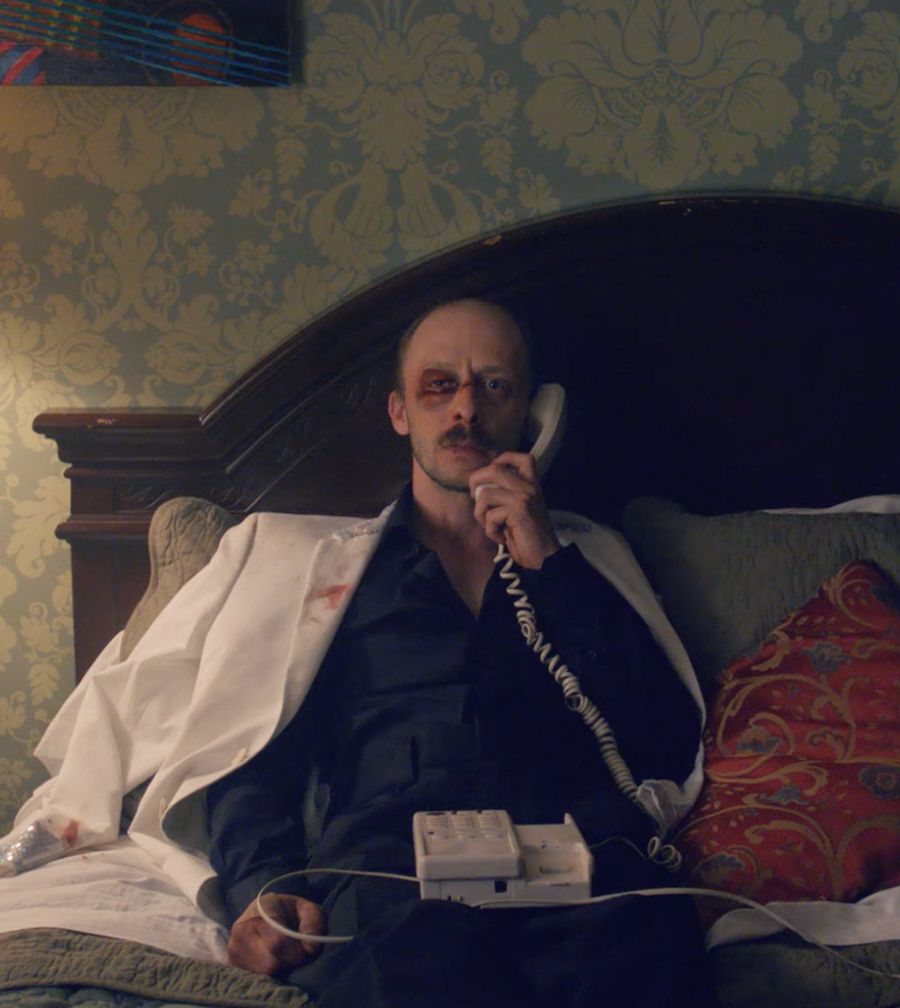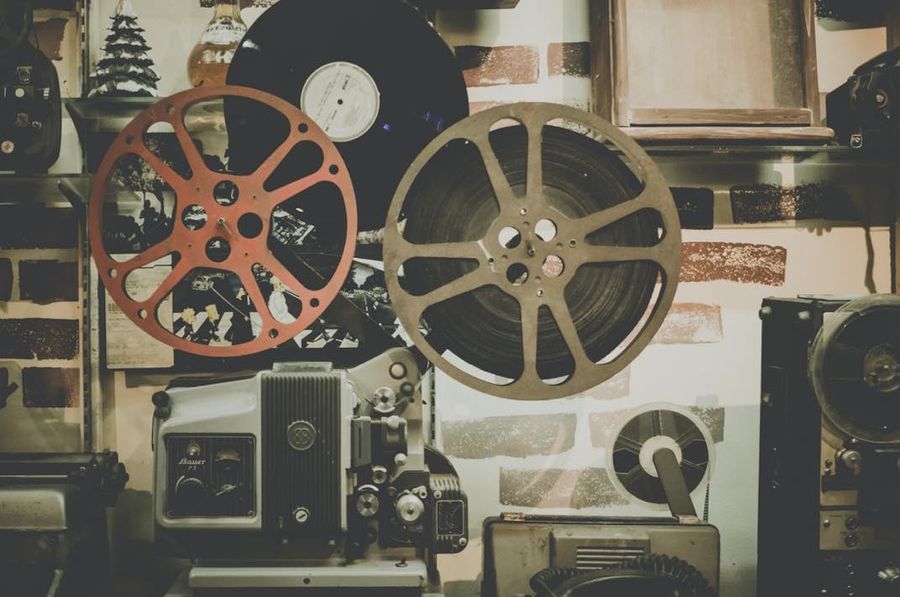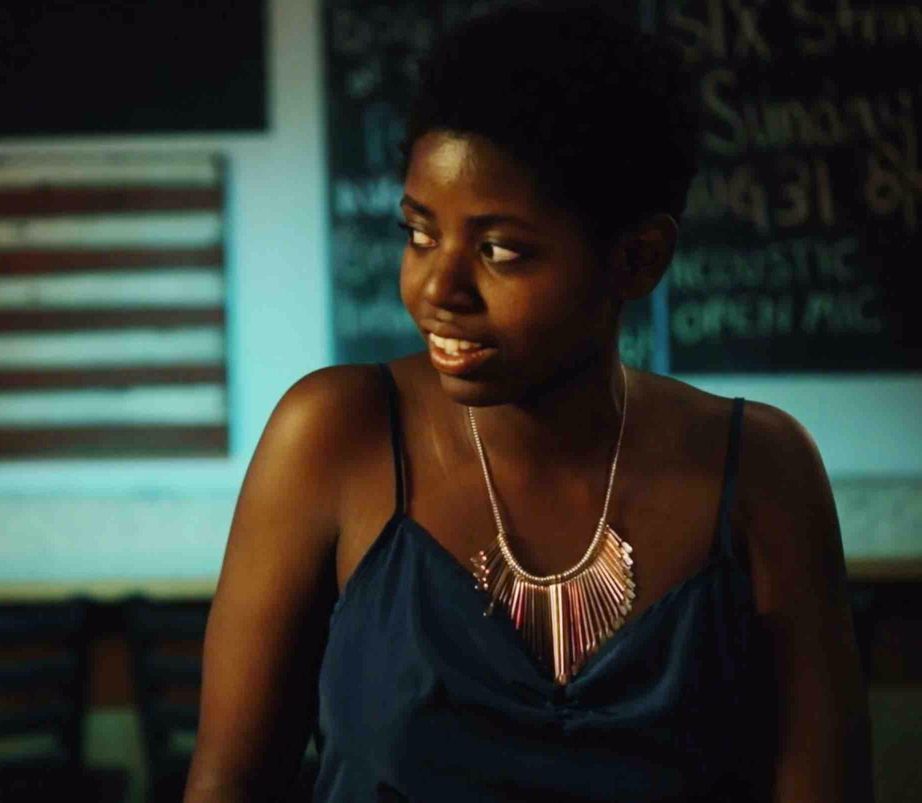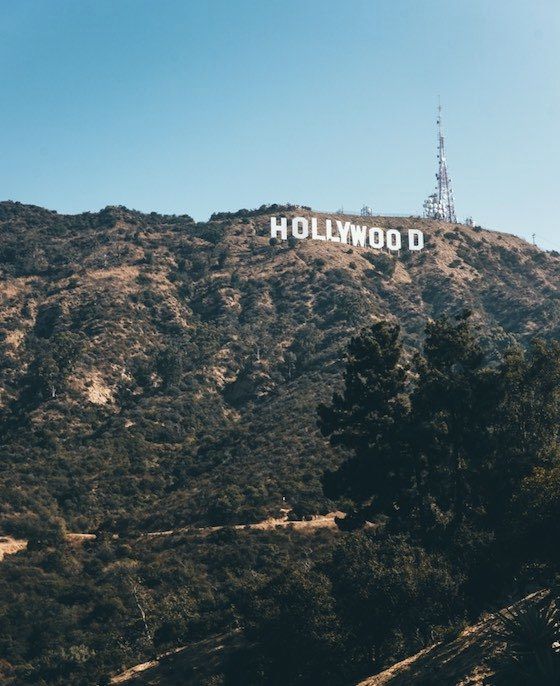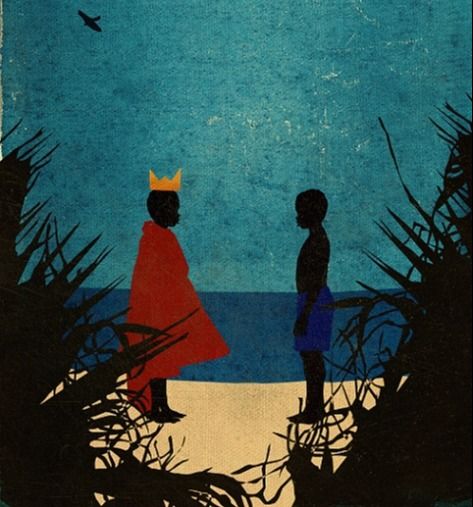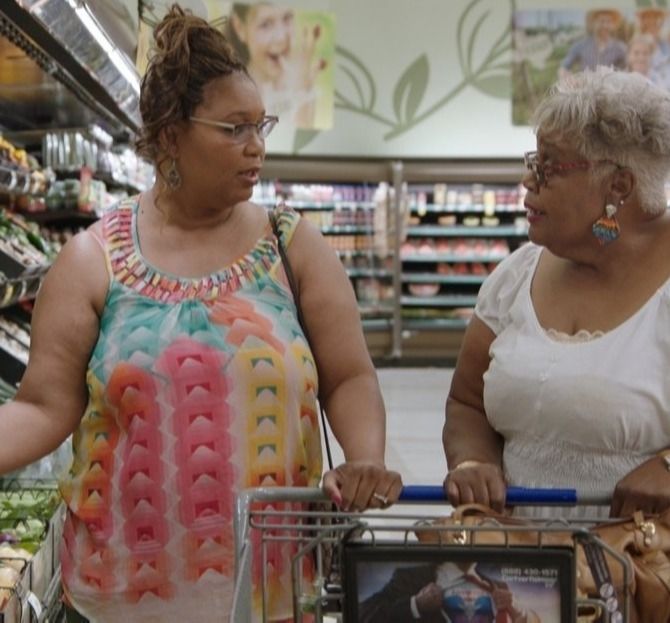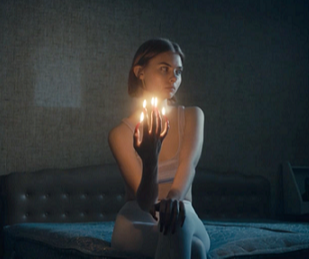
Working a good pitch conference call is SO important. Don’t be shy to ask about how it works and what to expect so you can hone your skills and find what works for you.
First off:
Read the “Tips from the Agency Side,” by Sumer Friedrichs. Any good conversation is a two-way street, and I found it super helpful to read about what is considered a “good call.”
Side note:
Calls run a bit different between European and North American workflows. If you work across both, check with your EP about what to expect if you’re not sure.
The main difference between Europe and North America is that in Europe, execs will call you once before you make your treatment. In North America, execs will call you twice—one before the treatment, and one after the treatment.
I’m going to focus on the European agency pitch call, from my perspective as a director’s producer and an EP, but I’m sure many tips count across both territories!
By the way, if you are able to meet with creatives and producers in person, or even switch to a video call, I would always recommend that. Nothing beats a face to face.
Why are we doing this call?
The purpose of the call with the agency is to check if this project is right for you, and if so, to arm you with as much detail as possible to write your treatment and finally to get across your personality and distinct voice.
In America, after you make your treatment, you can do a second call and explain your personal touches and approach in more detail. In Europe, we expect the creatives just read the treatment (ahem) and so there’s extra pressure on the treatment to be BANGING, full of detail, and super clear.
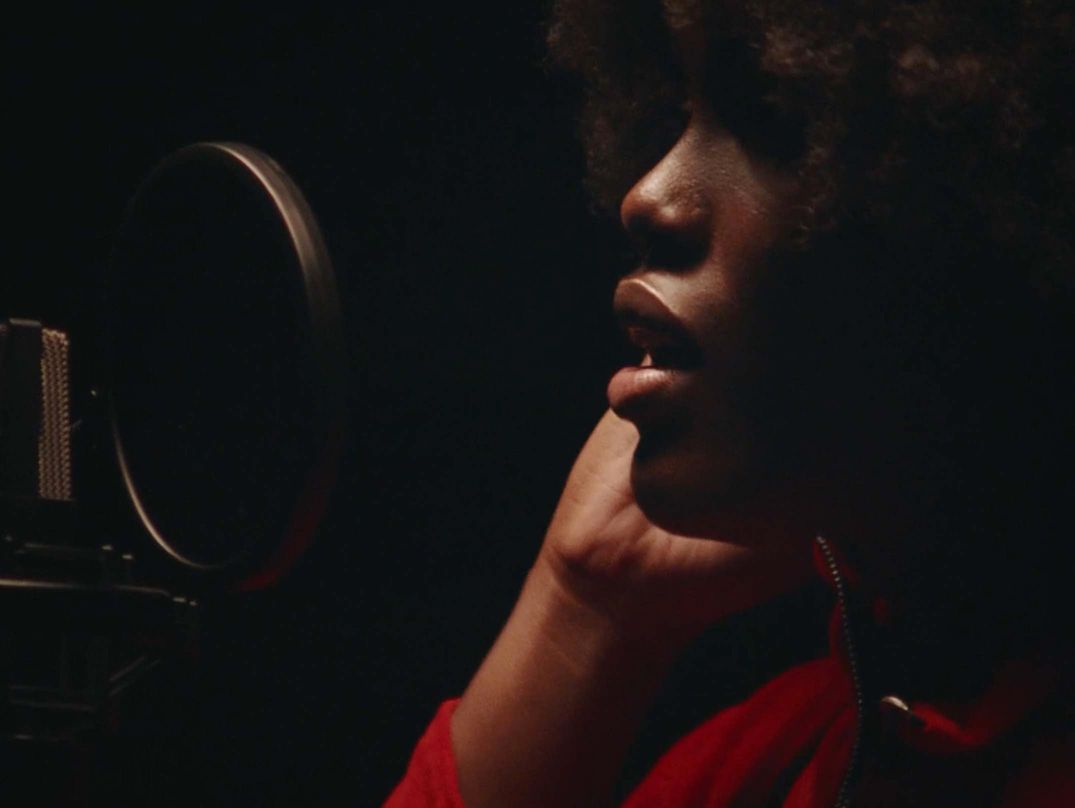
1. Check if this project is right for you.
Getting the script in your inbox and the agency requesting a call is a pretty good marker that they are interested in your vision for this film. Now the question is: Are you? Availability aside, you also want to check with your producer if the budget would be sufficient for you. Additionally, if you have strong thoughts on the script that may change the concept if you direct it, you should check just how open the client and creative teams are to your vision.
Some of this can be ironed out before the call, and some will become more clear during. Either way, straight after the call, you should regroup and confirm if you will be writing a treatment, and vice versa—the agency should confirm they are excited to get your treatment.
All this you should discuss with your EP/producer before the call.
Aside from reading the script, do a bit of research before the call. Discuss some possible ideas with your producer if you have immediate approaches that come to mind. Think of where the film can shoot, and what casting could be like. All so that during the call you can come with some ideas and questions that will clarify a lot where the creatives are.
Make sure you find out who will be on the call, what their roles are, and maybe have a quick look at some of their previous work. It’s also good to know what other work this client has done previously. Is it a new campaign or part of something already existing? Who directed previously for this brand?
On that note, it’s not common in Europe for agencies to reveal who else is in the pitch. Always ask, but don’t be put off if they don’t reveal the competition. Focus on your best approach, believe in it, and all will be well!
"Focus on your best approach, believe in it, and all will be well!"

2. Arm yourself with as much detail as possible to write your treatment.
The usual flow of a call is for the agency to run through the script and give some background on what the client is expecting. A good creative team will also be clear about why they are asking YOU to direct and submit a treatment. Listen carefully.
When you listen, be sure to make notes, especially of key words important to them. Often there are certain markers that you will want to be sure to repeat in your treatment—authenticity, powerful, fresh, cinematic, honest, young, emotive etc.
Now is the time to ask those questions from your research before the call.
Here are a few questions that you can consider asking to help you along with your treatment:
-
Was there any of my previous work that you particularly loved in relation to this project?
-
Where do we shoot it—are you open or are there restrictions?
-
Who is the audience for the product?
-
How particular is the client about casting? How fixed are the characters? Can you change gender for instance?
-
Can I change the copy? (Sometimes they have worked for months and months writing it and changing it will be very hard. Sometimes they are DYING to have your ideas to make it better).
-
Are there thoughts on music and sound?
This one is an important one, often forgotten:
-
What do you need from me to sell me in? Usually this question can come from your producer/EP on the call. It’s basically okay to discuss if they think it’s a good idea to add a few board frames, or to do a sizzle reel, a mood film, or DOP recommendations (when you haven’t got car experience, but your DOP will fill that gap).
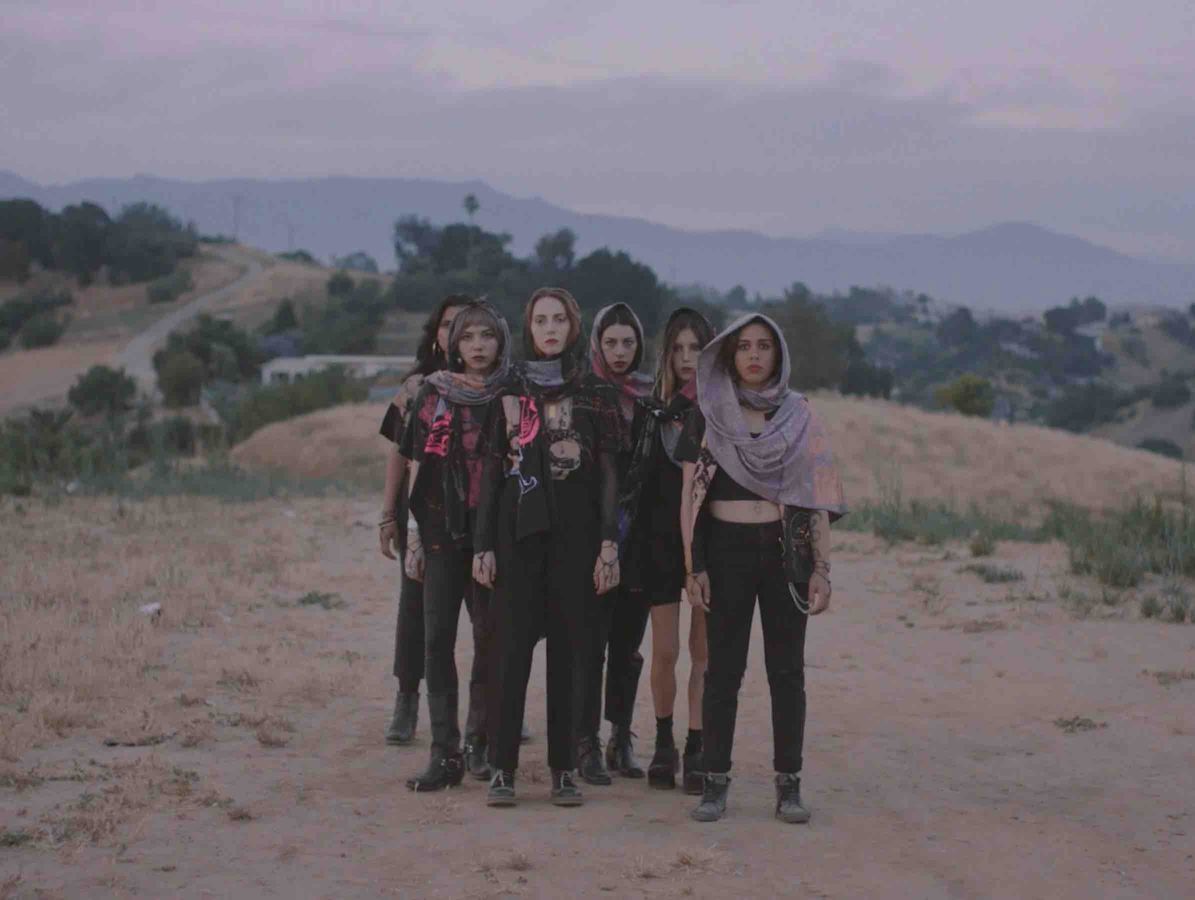
"They may also make you think, 'Was that it? Did I miss something?' Don’t think that way. You did great."
3. Get across your personality & distinct voice.
Some of the best calls are short and to the point. It’s entirely clear from the agency script and proposal what the commercial is and needs, and why they came to you. These calls are smooth, strong and leave you feeling empowered. They may also make you think, “Was that it? Did I miss something?” Don’t think that way. You did great.
Some calls are really complex. There is a lot of debate about what could work, back and forth on script lines, and some awkward silences of thinking. This doesn’t mean it is a bad call. It means you have raised some important questions. It’s better to do so now than in pre-production, so you should still feel completely empowered that you did YOUR job.
Some calls are fun—a chemistry and meeting of the minds. These are sometimes longer than they need to be and that’s a good sign. Don’t forget to ask what you need to know, though, to then nail it in your treatment.
Some are a disaster for technical reasons. IF YOU CAN’T HEAR WHAT THE OTHER PERSON IS SAYING, say something. Seriously, conference calls with echoes, delays, and bad reception can really alter the course of the conversation. Ask to reschedule or at least find a solution.
All this just to say: There is no golden rule on the best way to come across on a call, other than to be yourself, pick up the vibe, and run with it. You got this.

4. Following up
When you are making your treatment, if you have any questions to follow up on, do reach out and either ask for a second (short) call, or ask them over email. It’s always good to collaborate during this process.
When you’ve submitted your treatment, and if you feel everybody could really benefit from a follow up call, it’s also okay to suggest this. Usually, if the creatives have questions on the pitch, they’ll come to you via your producer. At that point, you could suggest to hop on another call. Take the advice from your EP/producer—they’ll sense the room and the best way to get that pitch won!
BON VOYAGE
x Margo

